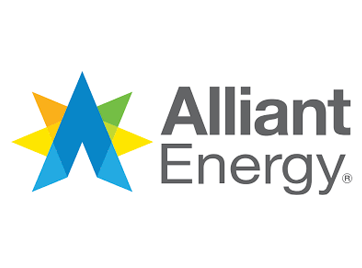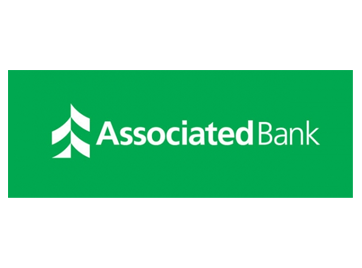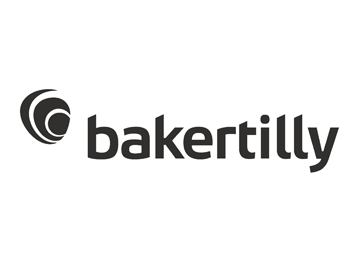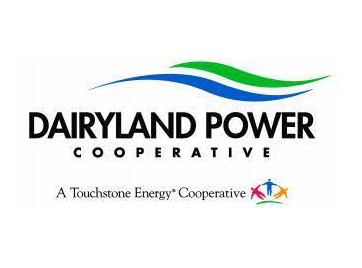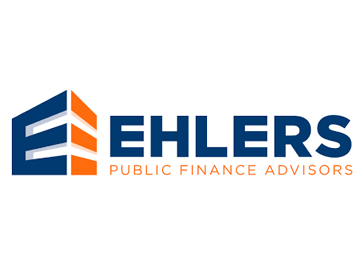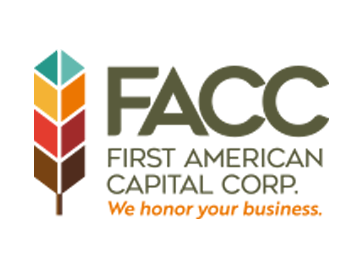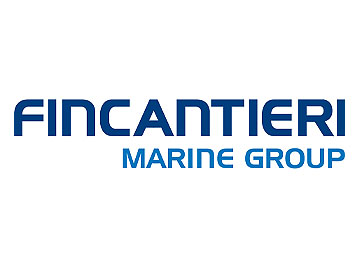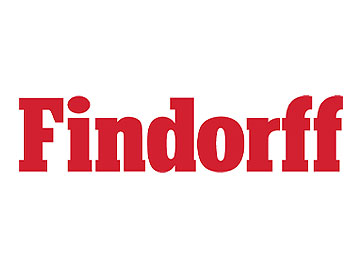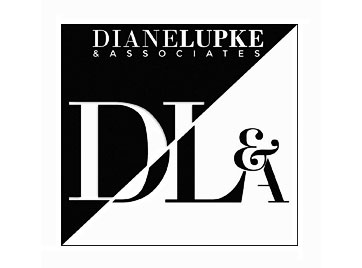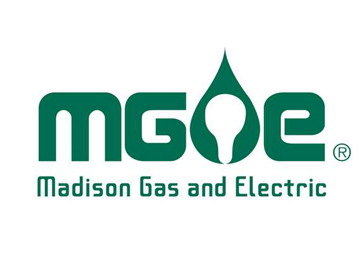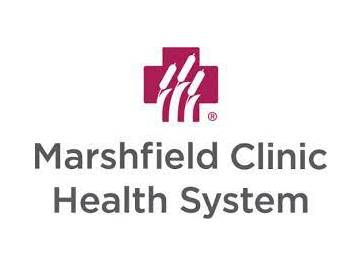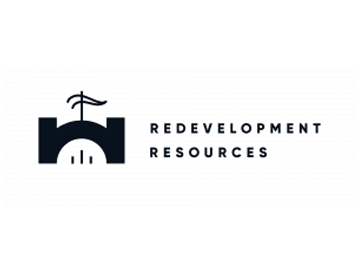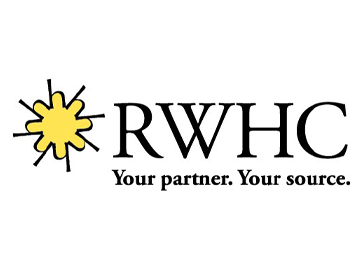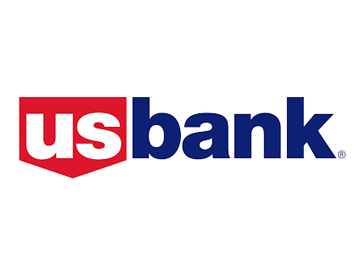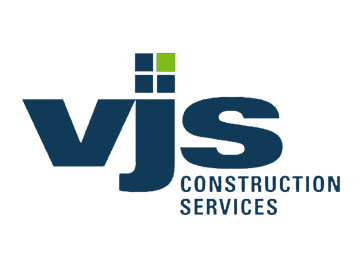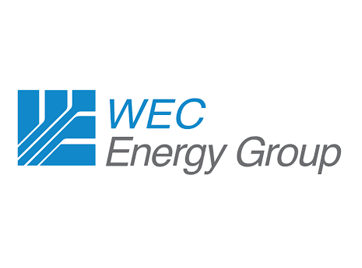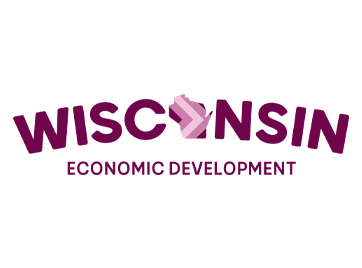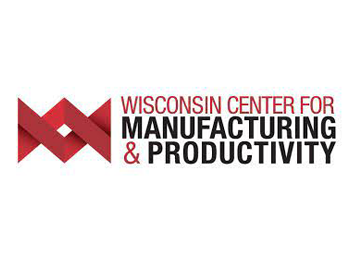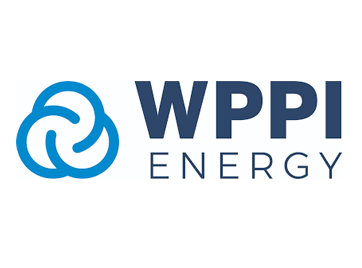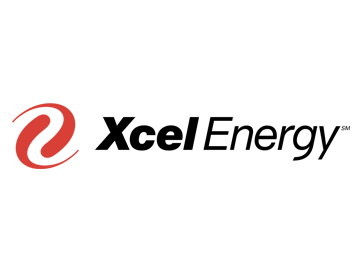It’s no secret that Wisconsin has a “brain gain” problem. We simply do a poor job attracting people –particularly college graduates – to Wisconsin. These lackluster in-migration rates have certainly contributed to Wisconsin’s worker shortage crisis. Another factor is the lack of available workforce housing in communities across the state. As many businesses have found out, it’s extremely difficult to attract workers and recruit businesses if employees can’t find an affordable place to live.
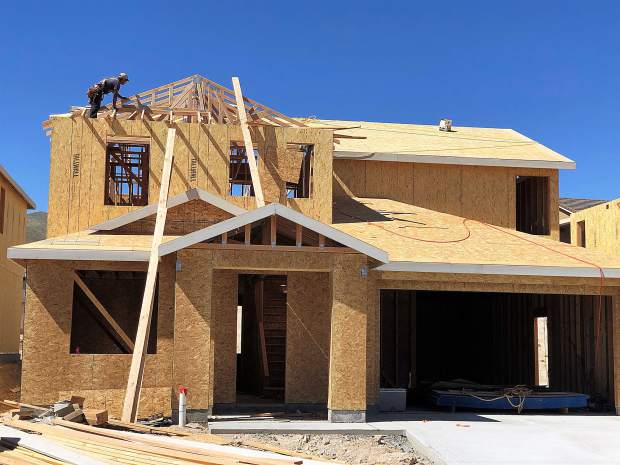
The key to solving Wisconsin’s housing crisis, which has been fueled by a construction labor shortage, high land costs and rising materials costs, rests with market-based solutions and creativity by stakeholders at the local level. However, the Legislature and statewide policies could also play an important role in easing the housing crunch and the negative impact its had on talent attraction efforts and additional economic growth.
To help keep and attract young talent and retain our current businesses, WEDA has proposed several legislative initiatives to help address the growing problem.
Among the legislative proposals WEDA is pursuing is the creation of a sales tax exemption on construction materials, supplies and equipment used in the development of workforce housing. We are also working on two TIF-related housing bills:
- Community Housing Stock Improvement Bill – Under current law, a municipality can extend the life of a TID by one year if the increment is used to improve housing stock within the community. This bill would increase the housing improvment TIF extention option from one year to three years.
- TIF Housing Expansion Bill – Under current law, mixed-use TIDs can incur costs for property/projects proposed for residential use. However, only 35 percent of the TID can be used for residential purposes. This legislation would increase the amount of property that can be used for residential purposes in a mixed-use TID to 50 percent.
In addition, a group of key state legislators are working on a broad package of workforce housing legislation, which will include our workforce housing sales tax exemption proposal. WEDA has had an opportunity to review preliminary drafts of the other bills that could be included in the WisWorks Workforce Housing Initiative:
Housing Rehabilitation Tax Credit:
This proposal would create an individual income tax credit for expenses related to the rehabilitation of older single-family homes.
Under the bill, individuals may claim a refundable tax credit that is equal to 10% of the amount the claimant spent on eligible home rehabilitation construction expenses.
To be eligible for the tax credit:
- The initial construction of the single-family home to which the tax credit claim relates must have been completed before 1980; and
- The home to which the credit relates must have a fair market value that does not exceed the county median price for single-family homes.
The legislation requires tax credit claimants to be full-year residents of Wisconsin. The bill specifies the tax credit cannot be claimed until the home rehabilitation project is complete.
Workforce Housing Tax Credit
The proposed legislation is based loosely on the state’s low-income housing tax credit program (which mirrors the federal LIHTC program). The bill would create a transferable, non-refundable income tax credit for workforce housing projects. The tax credit, which would be administered by WHEDA, would be capped at $10 million – funded by a one-time transfer of WHEDA surplus funds. Individual tax credits may not exceed 50% of the total workforce housing project cost. The program sunsets on Dec. 31, 2021.
To be eligible for the tax credit:
- The project must be in a rural county, defined as a county with a population density of less than 155 people per square mile.
- There must be a need for additional manufacturing workers in the area.
- The lack of available workforce housing in the area is an obstacle to the efforts of manufacturers to fill open jobs.
- The project is built for occupants that have a household income that will satisfy income guidelines for the WHEDA home mortgage program.
- The individual/project must first exhaust all available funding from CDBG programs, TIF financing and other WEDA financing programs.
The individual applying for the tax credit must be:
- The lender financing the project;
- The developer; or
- The business that is having the project built
Affordable Housing Donation Tax Credit
This legislation would create an affordable housing donation income tax credit administered by WHEDA.
Under the bill, transferable, non-refundable tax credits would be allocated to non-profit organizations that undertake an affordable housing project or a workforce housing assistance program and accept donations to cover costs for those projects.
The legislation authorizes a nonprofit organization that is allocated tax credits by WHEDA to transfer the credits to an individual who donates at least $10,000 to the nonprofit organization. The amount of tax credits transferred to an individual cannot exceed 50% of the individual’s total donations to the non-profit during the taxable year.
The total amount of credits WHEDA can allocate to qualified non-profit organizations each year cannot exceed $11 million for affordable housing projects and $2 million for workforce housing assistance programs.
DOA Housing Reports Storage & Dissemination
This bill would require DOA to collect data from housing affordability reports and new housing fee reports. The purpose is to provide greater transparency and create a “one-stop-shop” for developers, homeowners and other stakeholders to review a municipality’s housing fees.
The WisWorks package is expected to be officially introduced next month. The WEDA Government Affairs Team has fully analyzed the proposals and are encouraged by lawmakers’ interest in this important issue. Once introduced, WEDA will fully engage in the process, working to support and/or imporve the bills as they are debated by the Legislature.


